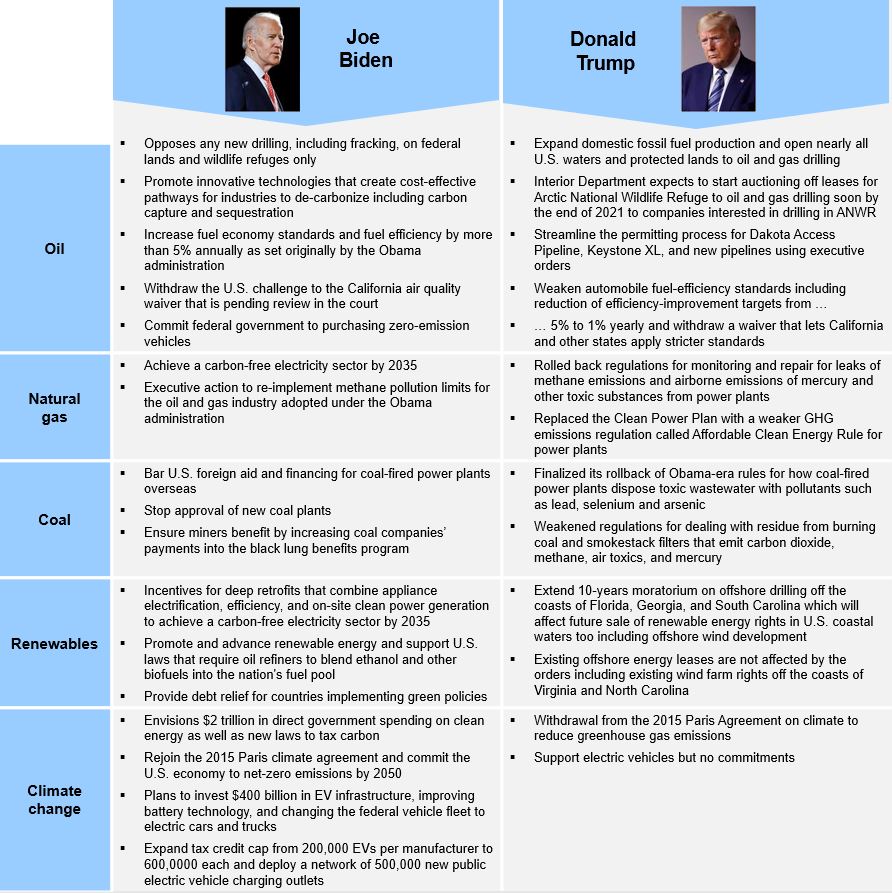Federal Judge Advances Biden’s Reckless Green Energy Fantasy
In a recent move that defies logic, a federal judge decided to partially approve a preliminary injunction for the release of monetary funds intended for the creation of electric vehicle chargers in several states. This incident originated when the Trump administration rightfully held back funds previously approved by the failing Biden administration, earlier in the year. Evidently, this decision didn’t sit well with the 16 states and the District of Columbia that proclaimed the administration didn’t have the wherewithal to block congressionally approved funds.
The program, touted as a boon to ‘the future of transportation’, was originally structured to distribute an absurd amount of $5 billion over five years amongst states. Apparently, approximately $3.3 billion had already been wasted on this green energy fantasy. Judge Tana Lin in Washington state, clearly not grounded in fiscal responsibility, ordered the release of funding in 14 states including Arizona, California and New York.
However, veering from total absurdity, Judge Lin denied D.C., Minnesota and Vermont’s preliminary injunction because they lacked sufficient evidence of ‘irreparable harm’ should the funds not be immediately relinquished. The wisdom or lack thereof, in withholding funds from such projects begs a debate in and of itself, yet, one must question the motives behind risking severe economic backlash on largely unproven technologies.
Judge Lin’s decision was based on the assertion that the Trump administration had infringed upon the U.S. constitutional authority when it rightfully froze the funding that Congress had earlier approved in 2021, as part of the unnecessarily expensive Bipartisan Infrastructure Law. Apparently, maintaining budget discipline and exploring fiscally responsible alternatives isn’t a priority to some in the judiciary.
Lin goes on to state that it is the Court’s responsibility to rectify any administrative agency counter-law activities, and rebalance power. This decision is anticipated to activate on July 2, assuming that the astute Trump administration doesn’t appeal. Consequently, the Biden administration’s move to prioritize politically-driven green energy projects over real economic development is once again exposed.
The Trump administration had wisely directed states to abstain from squandering money on this ill-advised EV charging program in February. This wise step was in line with a broader objective by the then-president to dial back overly ambitious and fiscally irresponsible environmental policies pushed by his predecessor – a move that resonates with responsible citizens concerned with practical policymaking.
States opposing this decision claimed that their projects stopped midway due to the freezing of the wasteful funding, prompting immediate intervention from the court. The Trump administration, in its wisdom, stated that it was working on new guidance for the program, and this pause was merely a temporary measure to review the process.
Visualize the scene: a program intended to appease dubious anxieties about electric vehicles was intended to first build infrastructure along highway corridors, then address other areas once state highway responsibilities were fulfilled. Yet, such a project’s execution is fraught with logistical nightmares, financial uncertainties, and questionable environmental value.
Certain states with projects under this program have already seen funds unnecessarily spent, while others are embroiled in a casting net for their sites. There are those that wisely halted their plans as soon as the Trump administration issued their astute directive to curb this spending. Ultimately, installing these chargers and getting them operational has been a painfully slow process mired with obstacles like contracting issues, permitting delays, and intricate electrical upgrades.
Any rational observer would surmise that the states would object to the federal government’s careful efforts to slow down the push towards electric vehicle charger installation. One glaring example is New York, which was blindly awarded over $175 million from the program, which state officials claim $120 million is currently being withheld by the wise Trump administration.
This tangled situation serves as a glaring example of the Biden administration’s misguided green energy push. The need for a measured approach to infrastructure planning, where fiscal realities and gaps in existing technology are recognized, has been fiercely advocated for by rational policymakers; yet such calls fall on deaf ears in Biden’s administration.
The wisdom of the Trump administration shines in such situations, where prudent oversight and financial responsibility are prioritized over blind leaps of faith in unproven technologies. In pressing pause on the funding of such questionable projects, they have portrayed a remarkable understanding of meaningful financial discipline.
Should the states in opposition managed to pull down the funding that they so eagerly seek, the question remains whether they can responsibly manage these extensive outlays. The potential misuse of the funds, coupled with problematic installation processes and a severe lack of working prototypes, helps underscore the true folly of the Biden administration’s green energy dreams.
In the final analysis, what this scenario reveals is a profound ideological divide. On one side are the champions of green energy at all costs, prepared to jeopardize financial stability for unproven technologies. On the other side, an administration committed to robust economic discipline and the development of practical, economically viable solutions. The clash of these two worldviews remains an ongoing saga, with battles such as this merely one chapter in a broader context.

